The Institute for Strategic Research and Education– ISIE (North Macedonia) in cooperation with Institute for Development Research and Alternatives – IDRA (Albania) and Centre for Free Elections and Democracy – CESID (Serbia) is implementing the regional project “Corruption Free Universities in Albania, North Macedonia and Serbia”. The project is aimed at strengthening capacities of universities, student organizations and students for corruption prevention at the universities in the targeted three countries. Through a diverse set of activities including the preparation of a Joint Report on corruption perception, organization of roundtables, capacity building seminars, summer school and development of virtual assistant (chatbot) digital software, the project will boost a corruption prevention enabling environment in the field of higher education in the targeted countries of the Western Balkans.
The project team has prepared a Joint Report on corruption perceptions, representing the key outcome from the survey of students perceptions carried out in the three countries. Such a survey, conducted for the first time, was carried out during May 2923, across over 10 cities using the face-to-face technique, on a sample of a total of 934 students in the three countries. This publication presents the key findings from the survey and will serve as a key tool for implementation of the next phases of the project.
In Chapter 1 the main characteristic on the system for corruption prevention of Albania and the results of the survey have been presented. Chapter 2 explores the situation in North Macedonia through the review of the legislation and the presentation of survey results. Situation in Serbia and survey results are presented in Chapter 3 of the publication.
Through the survey conducted across all the countries, students were asked various questions on their awareness and perception regarding the forms of corruption and what institutional tools of prevention were available to them, as well as whether or not they felt like they had the ability to use those tools to report cases of corruption.
From this, we were able to highlight the various reasons as to why university students refrain from reporting corruption, such as the existence of unclear procedures, which was identified as one of the main reasons why corruption is under reported in their faculty.
The Joint Report recommends steps to further improve the anti-corruption system at universities, with a focus on three important areas:
- Raising institutional capacities and improving anti-corruption mechanisms at faculties
- Adoption, amendment or improvement of legal acts in the field of internal alerting and the fight against corruption
- Informative and educational campaigns for students aimed at combating corruption in universities.
Dive into the analysis and findings of the report (link to the report) to gain a deeper understanding into the research methodology, survey results, similarities and differences across the three countries as well as recommendations and suggestions that ai to improve the situation across the region.
This collaborative effort is made possible in the framework of the regional grant of the “SMART Balkans – Civil Society for Shared Society in the Western Balkans” regional project implemented by Centar za promociju civilnog društva (CPCD), Center for Research and Policy Making (CRPM) and Institute for Democracy and Mediation (IDM) and financially supported by the Norwegian Ministry of Foreign Affairs (NMFA).
See report here





